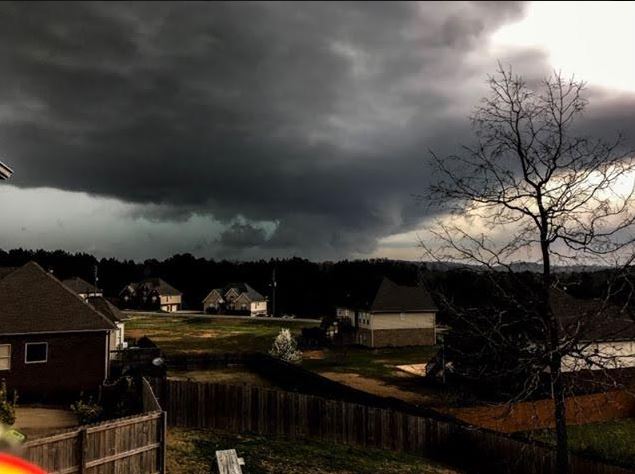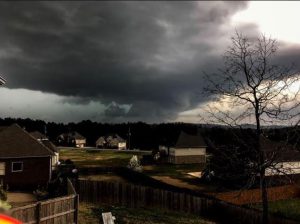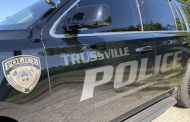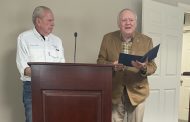By Shaun Szkolnik
For The Tribune
JEFFERSON COUNTY — With tornado season upon us and the threat of severe weather never far away, citizens of Jefferson County can help prepare themselves for extreme events by knowing what tools are available to provide an early warning. As director of the Jefferson County EMA, part of James Coker’s mission is to educate the public about the importance of just such warning systems.
“Your best weapon this time of year, and really year-round in Alabama is to stay weather aware, stay tuned in,” Coker said. “Pick your favorite TV station and watch that TV station. There so many different resources now that you can get information from; find the ones that you like the best, but stay tuned in.”
One major improvement has been the Polygon Warning System. This system differs from the old style in that it offers a specific warning to those in danger.
“What Jefferson County, and many counties, are moving toward is polygon warnings,” Coker said. “In the past, an entire county would be warned. That had the unintended effect of causing people to become complacent. You hear warning after warning after warning…after a while, you tend to ignore them. At the federal level, the National Weather Service moved to polygon warnings for tornadoes specifically, which means that the area itself is much smaller: it is only the threat area and if you’re in the polygon, that means you are under direct threat from the storm and you’ve got to take immediate action because your life may depend on it.”
The Polygon Warning System is only one of the ways in which the public can stay aware of the latest information.
“Probably the most essential thing I could tell them (the public) is to have multiple tools in your warning toolbox,” Coker said. “Multiple ways to get alerts and warnings. Right now, we’re in a time of the year where it is critical.”
These systems work best when they are treated as complements to each other so that no single piece of the puzzle will be expected to carry the system. In this way, the strengths of each notification method will cover as many needs as possible.
“Regarding sirens, (they) are a useful outdoor tool,” Coker said. “They were never designed for you to be able to hear inside. Don’t put your life on hearing a siren. You might not hear it. If you have a loud storm, you might not hear the siren.”
One of the newest tools in the warning toolbox is a system called Everbridge. Everbridge allows individuals to be alerted about emergencies in their community. It is designed to facilitate the quick dissemination of critical information when minutes and seconds count. The system provides information concerning events such as severe weather, unexpected road closings, missing persons and evacuations of buildings or neighborhoods.
Everbridge will provide these time-sensitive messages across a number of platforms and users can specify if they want to receive this information at their home, on their mobile device, business phone, email address, through text messages and more. Signing up for Everbridge is easy and can be done here.
“There are many different parts to Everbridge,” Coker said. “For members of the public, you can go to our website…and click on the red Everbridge button and sign up. When you click on the button, that allows you to put in your cell phone number and five different locations across Jefferson County. It could be home, it could be church, it could be school, it could be anything you pick. If any one of these locations is threatened, you’ll get an alert. The important thing about Everbridge, it is not just weather. If you had a chemical spill that threatened your home address, we could send you an alert. If there was an active shooter that affected your home address, or something else, we could send you an alert. It really is all-hazard.”
The portability of Everbridge makes it ideal for a time in which more and more people are living their lives in a mobile fashion. As important as the information is, however, it is just as important to know what to do with it.
“For years everybody talked about ‘have a plan,’ but it was sort of focused on when you’re at home,” Coker said. “Well, you’re going to leave your home and go to the store, to church, school or to a function somewhere. Again, being aware. If you walk into a building, look around. If something happened, ‘what’s my safest spot?’ If I’m at church, ‘what is my safest spot in this church building?’ Churches are doing tremendous planning now toward safety. Schools already do a tremendous amount of planning toward safety. Accept the personal responsibility and think about it yourself. ‘If I go to this grocery store and a storm comes up, what is my safest option?’”










